So You Want to Be A Pyro?
If you’ve ever wondered what it is like to be up close and personal with the professional display fireworks during a fireworks show, or if you live for the roar of the crowd, continue reading! Whether you are interested in just being part of a fireworks display crew, or obtaining a California pyrotechnic operator license, you have come to the right place. We get tons of people asking how to become a pyrotechnician, and how to obtain a pyrotechnics license. So you have an idea of what you are getting yourself into, a typical Fourth of July will be described.
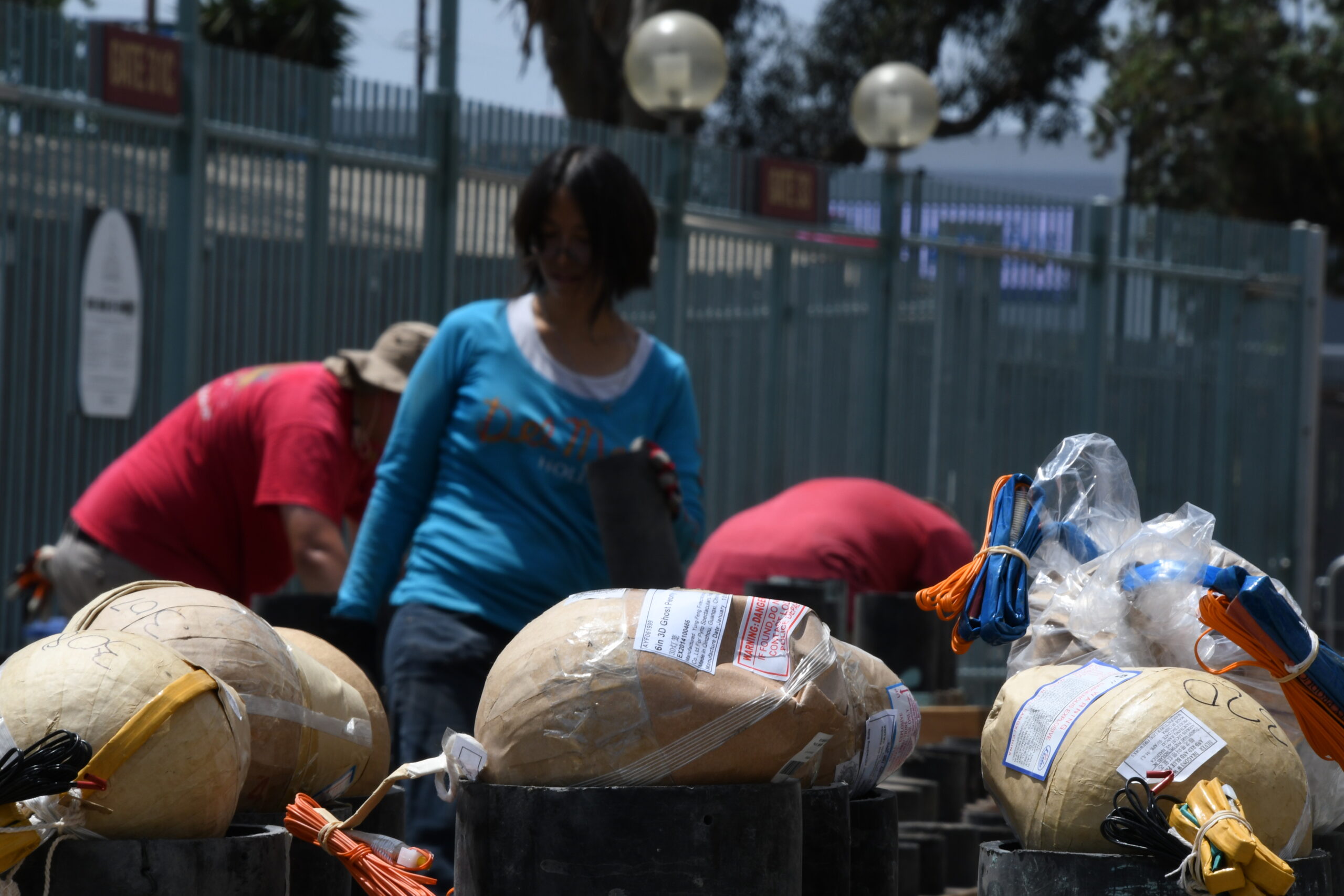
Is it for me?
If you grew up using consumer fireworks like Phantom Fireworks, TNT Fireworks, Black Cat Fireworks, etc, and every year would always look forward to the first day of fireworks for sale, then you will likely love the Professional fireworks side of things. If you don’t mind some good old-fashioned manual labor, then you will almost certainly enjoy the behind-the-scenes adrenaline rush and the roar of the crowd that comes with a professional fireworks display! So you have an idea of what you are getting yourself into, a typical Fourth of July is described below. You can also look through our online pyro training program to see what our crews need to learn.
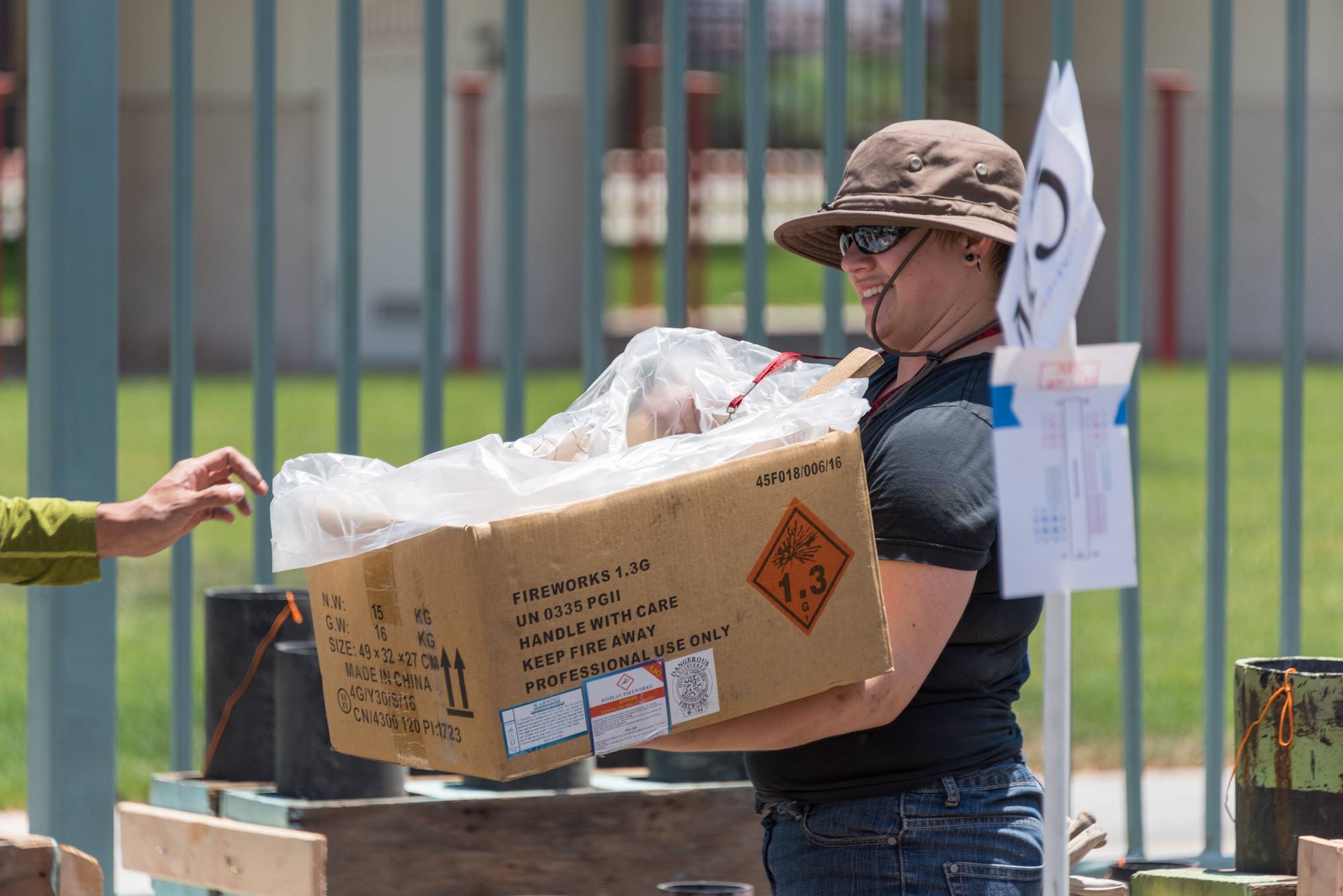
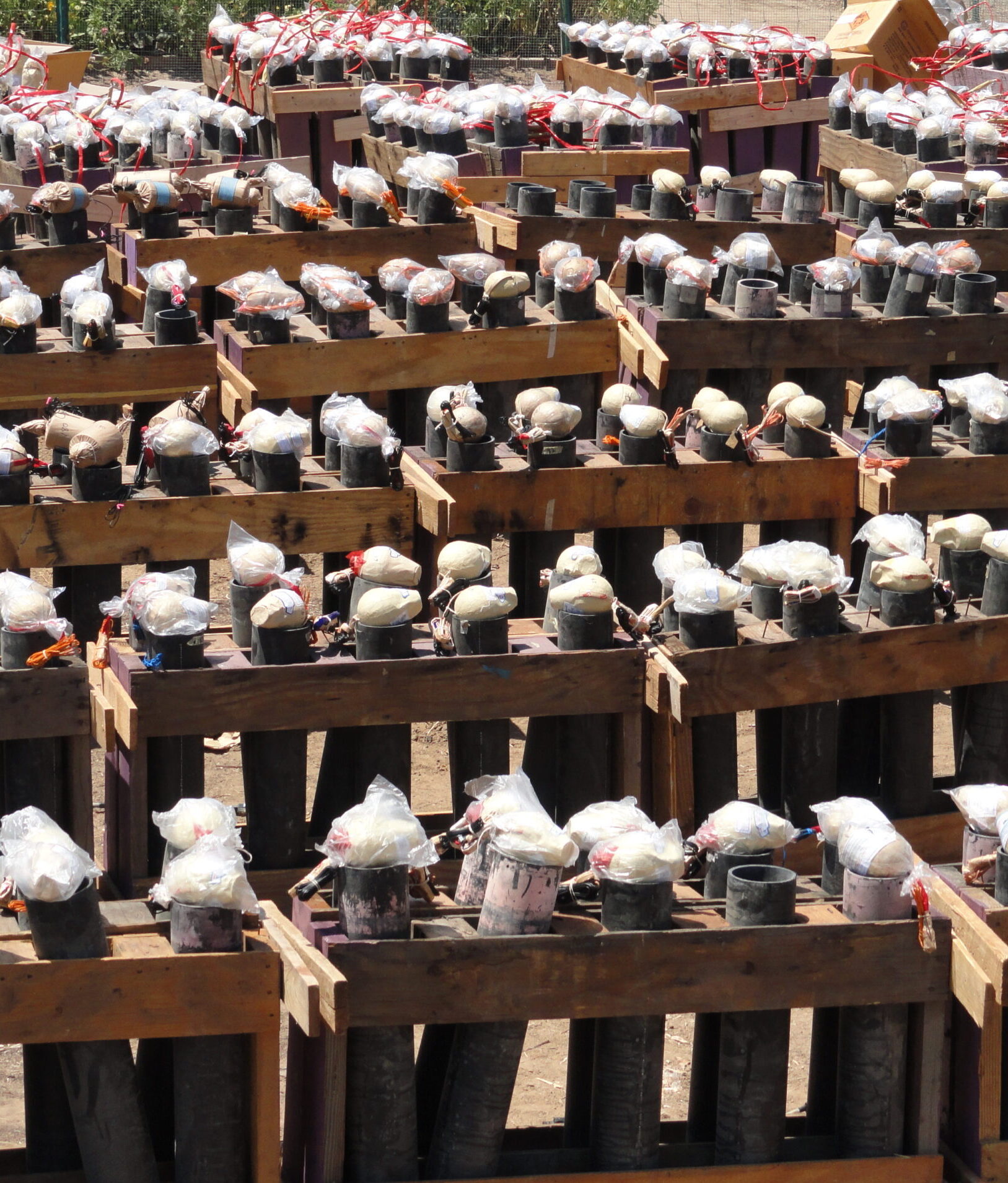
A Typical 4th of July
The lead pyrotechnician’s (operator) day will usually start long before the sun comes up, for they need to make the trip down to the fireworks plant to pick up their loaded truck. Once they are satisfied that it has been loaded properly and completely, and has filled out the mountain of paperwork, they will make their way down to the firing site to meet up with their crew. With a typically sized 4th of July show, you will usually arrive at the firing site at around 9:00 am or earlier to beat the summer heat and ensure you get set up on time. The crew will unload the thousands of pounds of equipment and fireworks from the truck, fill the mortar boxes with sand, and/or cleat the racks, depending on the specifics of your show. These two tasks usually take a good chunk of the morning. Once the fireworks mortars have been cleaned, the crew will then begin laying out and loading the hundreds, possibly even thousands, of aerial fireworks shells that will be used in the display. During an electrically fired show, the fireworks must also be wired into field modules. At the same time, the cakes, candles, mines, set pieces, strobes, gerbes, and any other low-level device in the show must be mounted, set, and wired. The firing cables must be run, and a continuity check performed, along with a pre-show safety/logistics briefing. The show will usually fire around 9 pm. The fireworks finale will fire, the crowd will roar, your senses will be overwhelmed, and you’ll already be looking forward to your next show. Afterward, the field is checked for duds, sandboxes emptied, mortar racks taken apart, and everything else packed up and put away. The crew will usually leave the firing site between 11:00 pm and 1:00 am depending on the show. The operator still has to drive the truck back to the fireworks plant, fill out another mountain of paperwork, and then finally get to go home. Professional pyrotechnics is a lot of hard work and is not for everyone. See our fireworks videos or fireworks pictures for a better look at what it is like to work a professional display.
What is it like to be part of a fireworks crew? Will I get paid?
Fireworks crew members are volunteers. Any crew stipend is solely up to the licensed pyrotechnician in charge and will vary. Read more on fireworks crew stipends. Before becoming part of a fireworks crew, you must fill out an employee possessor form that is sent to the Bureau of Alcohol, Tobacco, Firearms, and Explosives (BATFE) for a thorough background check. If you have been convicted of a felony, among other disqualifiers, then you will not be able to handle explosives. Since pyrotechnic operators work as independent contractors to big display companies, they provide their own crew. You will be working under the direct supervision of the licensed pyrotechnic operator in charge.
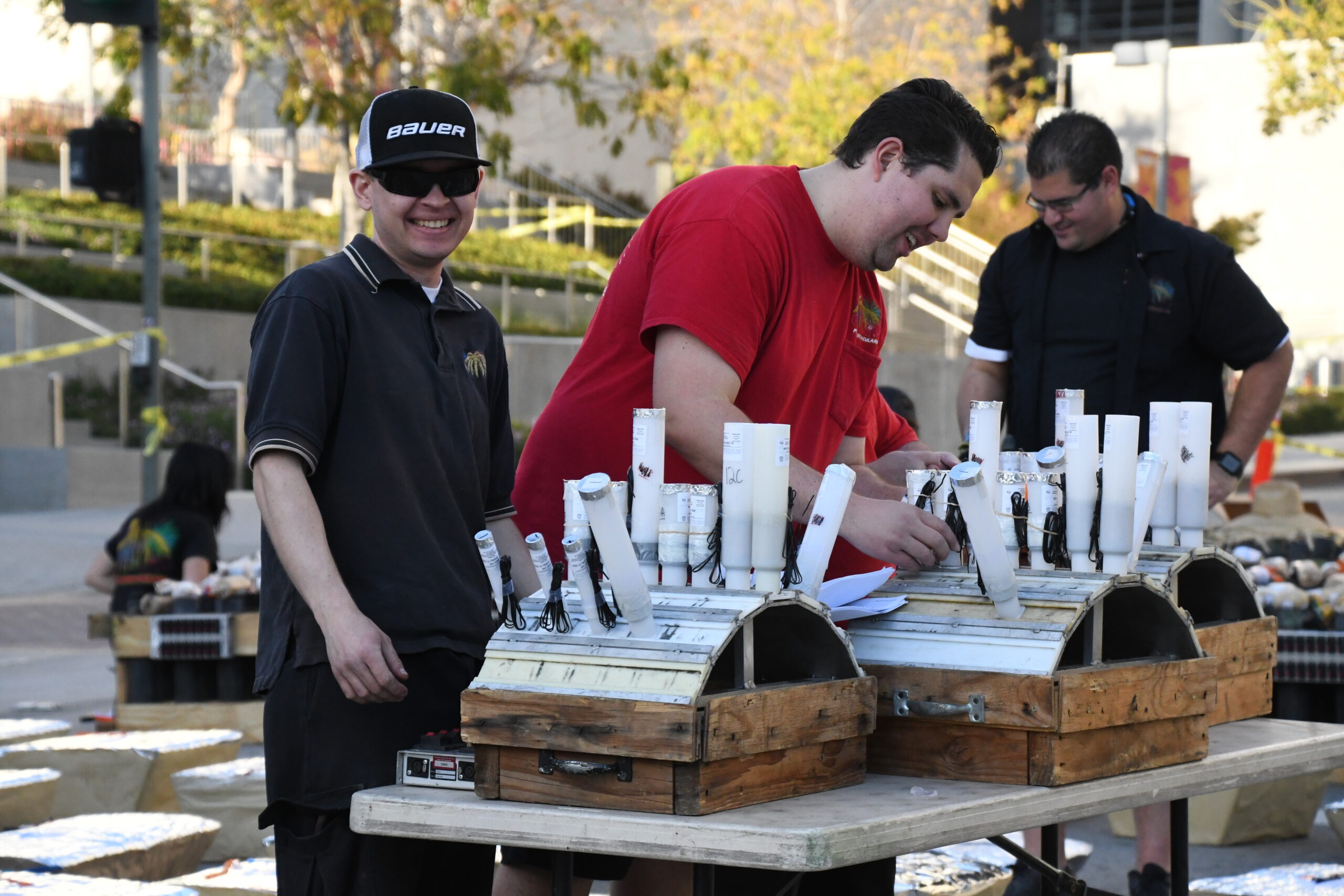
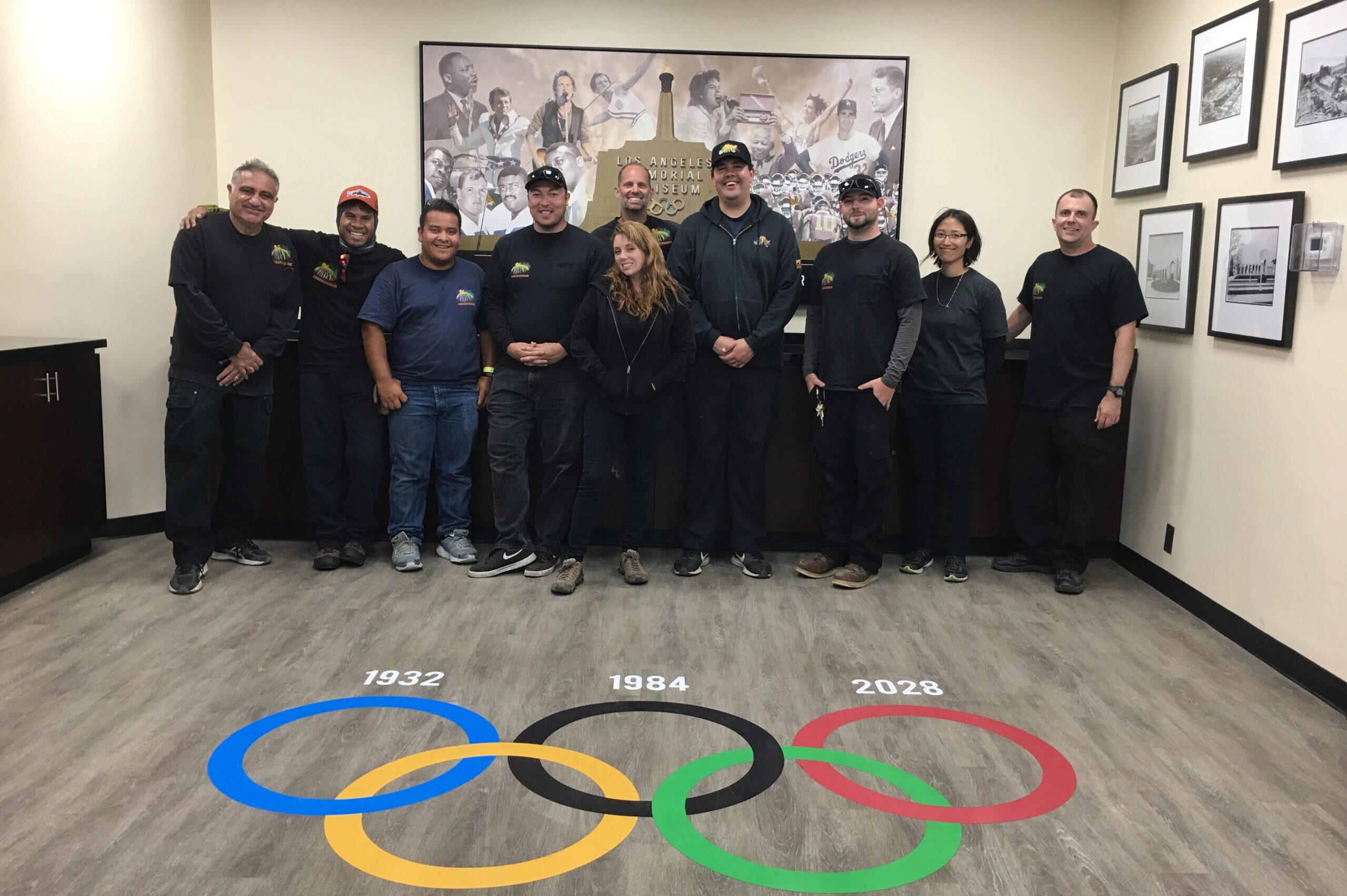
The Bottom Line
If you’re looking to make a profit or a 9-5 job, this is not the place for you. If you want to become a licensed pyrotechnic operator, you need to volunteer on different crews for a minimum of two years. It’s best to see this as a hobby that you enjoy and would do for free, and getting a stipend is only a bonus. If you want to obtain a pyrotechnic operator’s license, we will be happy to guide you through the process and try to make it as painless as possible.
All of our new crew are required to go through our online pyrotechnician training program before coming out to work their first show. If you’re still asking how to become a pyrotechnician, click the button below to get started today!
